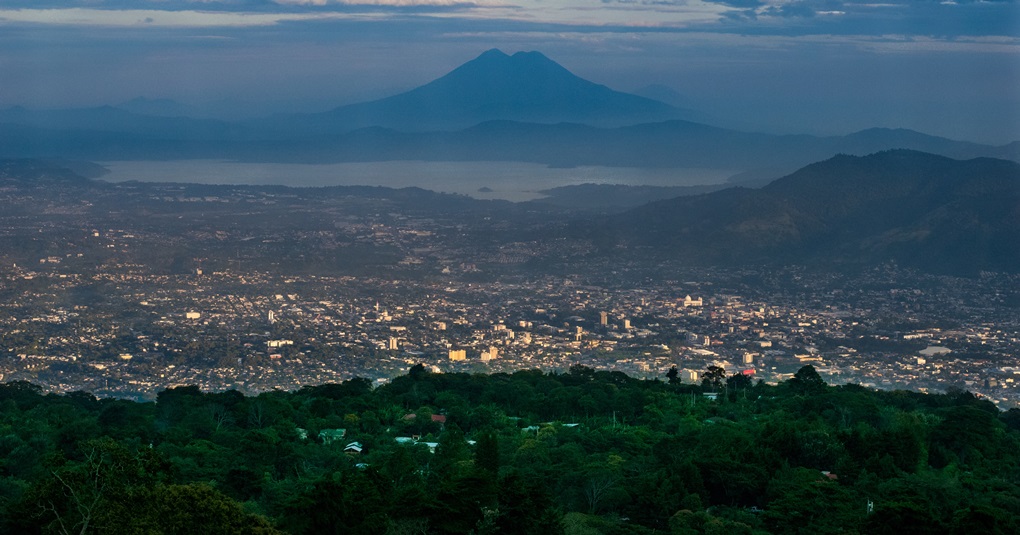Prior to 2001, the historic centre of San Salvador, El Salvador was in a state of deterioration. Now, the regeneration of San Salvador’s historical center has provided hope and inspiration, where people work together and support each other to provide their own homes.
Twenty-nine per cent of the center’s population was living in informal settlements, characterized by a lack of basic services, overcrowding, a risk of eviction and an unhealthy environment due to poor sanitation and waste disposal.
Many of the people living in these conditions were vulnerable, with high numbers of women and young people on very low incomes. Eighty-four per cent of the families in the informal settlements were living on less than a quarter of minimum wage (US$55 per month – compared to the minimum wage of US$220). Fifty-seven per cent of the women worked in informal employment.
Aims and Objectives
The main aims of this work are to support local families to take ownership of and improve their own homes, and to preserve and protect the historic centre of San Salvador. The community along with FUNDASAL, FESCOVAM and other networks are working to:
- protect families from being forced out of the historic centre by helping them legally access land and ensuring their housing costs are affordable;
- improve the homes of families living in poor conditions, ensuring they have access to basic services;
- restore the historic centre of San Salvador for the benefit of the whole community;
- avoid the need for the expansion of informal settlements outside the city centre; and,
- support the whole community to thrive through a variety of cultural, artistic and educational activities, including people who are often excluded (like women, children, young people, older people or disabled people).
Long term aims include:
- Establishing mutual aid housing cooperatives across El Salvador that can work together to provide their own housing;
- Supporting mutual aid housing cooperatives to influence the Government so they recognize housing as a human right and provide funding and land for housing; and,
- Ensuring all the residents of the historic centre of San Salvador are properly and safely housed.
Work to regenerate the historic center has extended to shared spaces such as courtyards and playgrounds, an inner-city orchard, and colorful murals and statues which have revitalized the area.
Cooperatives have started growing food within the city centre using organoponic (organic / hydroponic) orchards. This is a form of urban agriculture which can be easily replicated. It typically uses low concrete walls filled with organic matter and soil, with lines of drip irrigation laid on the surface.
The regeneration of the historic centre of San Salvador has received two prizes for best practice, and was a finalist for a third:
- 2008 – National Urbanism Prize (given by the Vice Ministry of Housing and Urban Development) and the International Best Practices Prize (awarded by the Swedish Co-operative Centre – now WeEffect);
- 2010 – Dubai Award for Best Practices awarded to FUNDASAL for the Recovery of the housing complex in the Historical Centre of San Salvador; and,
- 2017 – Finalist in the World Habitat Awards.
Photo of San Salvador via Adobe Stock.
Read the full case study on the Metropolis site.
Read this related REVITALIZATION Guest Article by Jenny Line of World Habitat.

